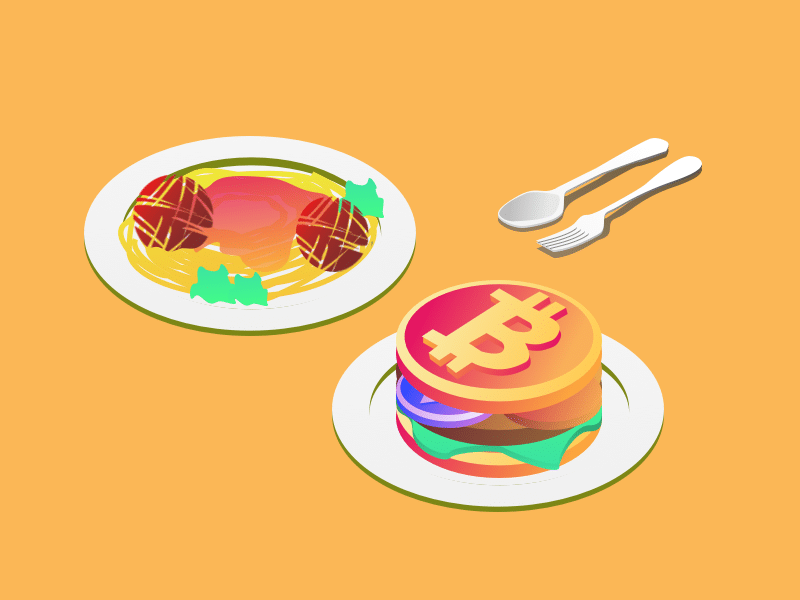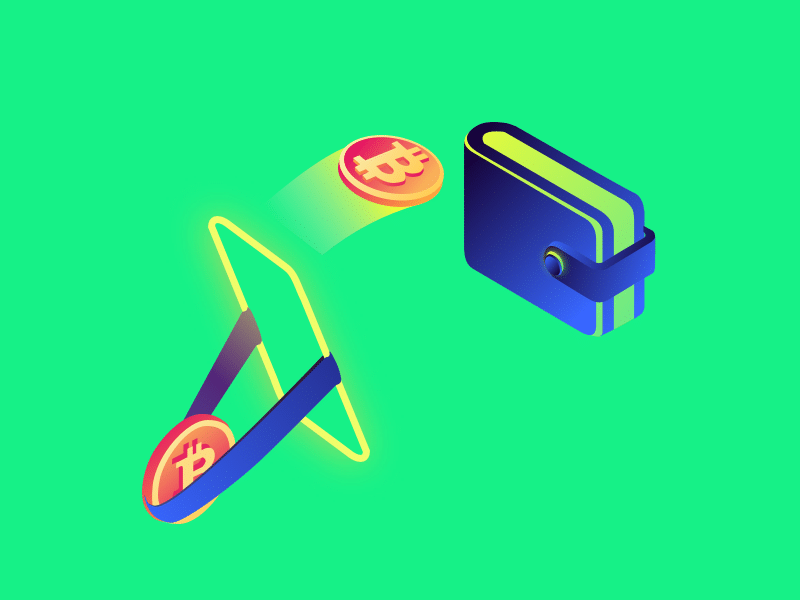9 Differences Between Crypto and Stocks

Although its existence is relatively new, the crypto industry is growing at a rapid pace, supported by the growing number of options to invest in crypto assets.
Data from the Ministry of Trade shows that as of May 2021, Indonesia recorded as many as 6.5 million crypto asset investors, more than stock investors, which amounted to 5.3 million.
The increase in the value of crypto assets which was relatively high in early 2021 was one of the triggers for the rapid growth of the crypto market, especially in Indonesia. Crypto is considered an asset that can be traded or traded for profit, just like stocks. This makes many people think of crypto assets as similar to stocks. Though the two are very different.
So, what are the differences between these two assets? Let’s see the explanation below:
Differences between Crypto and Stock
1. Asset type
When you buy shares of a company through the stock exchange, the shares you own represent a percentage of your ownership of the company. How well the company performs will determine the value of the shares you own. Companies that have gone public can issue shares at any time to raise the capital needed to expand their business.
Meanwhile, when you buy crypto assets, be they coins or tokens, the assets you own do not necessarily represent partial ownership of the company or project that issued them.
Crypto coins and tokens also have different functions. Coins are the original asset of a blockchain which is usually used as a medium of payment, while tokens have various classifications, ranging from utility tokens–which function to provide access to certain protocol services, to governance tokens–which are used to signify support for proposed changes to a protocol.
Some crypto assets have a finite number of coins or tokens to ensure that their value rises in tandem with the asset’s demand.
2. Fundamental aspects
When you’re new to the crypto world, you might be wondering what are the fundamental aspects that need to be considered before investing in or trading crypto assets. Fundamental analysis of crypto assets, however, differs quite significantly from that of equities.
Fundamental analysis of the stock market involves data that has an impact on the value of a stock, including cash flow, return of assets, or other indicators that measure the company’s ability to use assets to generate profits, as well as its gearing ratio, which is used to measure the extent to which the company finances its operations with borrowed capital.
In contrast to stocks, fundamental analysis of crypto assets is carried out by considering aspects such as the basis for the use of the crypto asset, how many people use it, and the team behind the creation of the asset. Examples are as follows:
For example, you are considering buying ether , a native coin used to facilitate transactions within the Ethereum ecosystem. The basic thing to know about ether is that for every transaction executed in the Ethereum ecosystem, there is a gas fee that must be paid to the miner who computes the transaction. The fee is paid in ether.
Ethereum is one of the most widely used blockchains for creating decentralized applications because its smart contract allows developers to build various programs on top of its blockchain. With its function as a gas fee that must be paid to perform computing on applications built on Ethereum, ETH became one of the second largest cryptocurrencies after Bitcoin in terms of market value.
3. Volatility
Volatility is one of the biggest differentiators between stocks and crypto. Stocks, especially in Indonesia, have a mechanism for limiting volatility when the market is out of control, such as through up and down auto rejection to trading halts, namely the temporary suspension of trading. This means that volatility can be better maintained if there is a drastic decrease or increase.
Unlike stocks, crypto does not have such volatility controls. So, crypto prices will move according to supply and demand. That’s what makes crypto can go up or down drastically.
4. Transaction Unit
If stock transactions are in Indonesia, traders must make a minimum transaction of 1 lot or 100 shares. That is, if the share price is Rp. 1,000 per share, it means that the minimum issued capital is Rp. 100,000 per lot.
Unlike crypto, the price of Bitcoin can be up to hundreds of millions of rupiah, Ethereum is tens of millions of rupiah. However, don’t be afraid, small capital traders can still trade by buying the smallest fraction. For Bitcoin, you can buy up to 8 decimal fractions, which is also called 1 sats.
5. Trading Platforms
The character of the stock trading platform with crypto is also different. For stocks, traders can trade by becoming customers in securities.
For crypto, traders can make transactions via crypto exchanges such as Pintu. Then, for crypto storage, traders or traders can also save in crypto wallet applications such as Metamask and so on.
6. Connection
From the connection point of view, stock transactions can be limited to exchanges in one country. For example, a foreign trader who wants to try to buy shares in Indonesia must comply with the rules in Indonesia, such as creating a securities account in the country.
For crypto, the connection is not limited between countries. That is, the number of traders who can trade is also more.
7. Transaction fees
The cost of buying and selling shares on the stock exchange is relatively high. Stockbrokers charge a fee or commission, banks charge investors when making payments, and capital gains are taxed.
Meanwhile, on crypto exchanges, the fees are relatively lower. The cost of transacting on the blockchain is relatively small because it is only to pay gas fees or fees for miners who validate crypto user transactions. Crypto exchange fees are also relatively lower than stock exchanges.
8. Trading Time
The stock market only works full-time Monday through Friday. Unlike the stock market, the crypto market operates 24 hours a day and 365 days a year. You can see cryptocurrency prices change even when the clock strikes midnight on New Year’s Eve.
9. Regulators
Indonesia itself has legalized cryptocurrency as a commodity, and regulated under BAPPEBTI. On the other hand, stocks which are included in financial instruments are under the OJK.
Well, that’s the difference between stocks and crypto that can make trading and investing different too.
You can also read about how to trade stocks and crypto with Emtrade by clicking here.
Share
Table of contents
Related Article
See Assets in This Article
ETH Price (24 Hours)
Market Capitalization
-
Global Volume (24 Hours)
-
Circulating Supply
-


